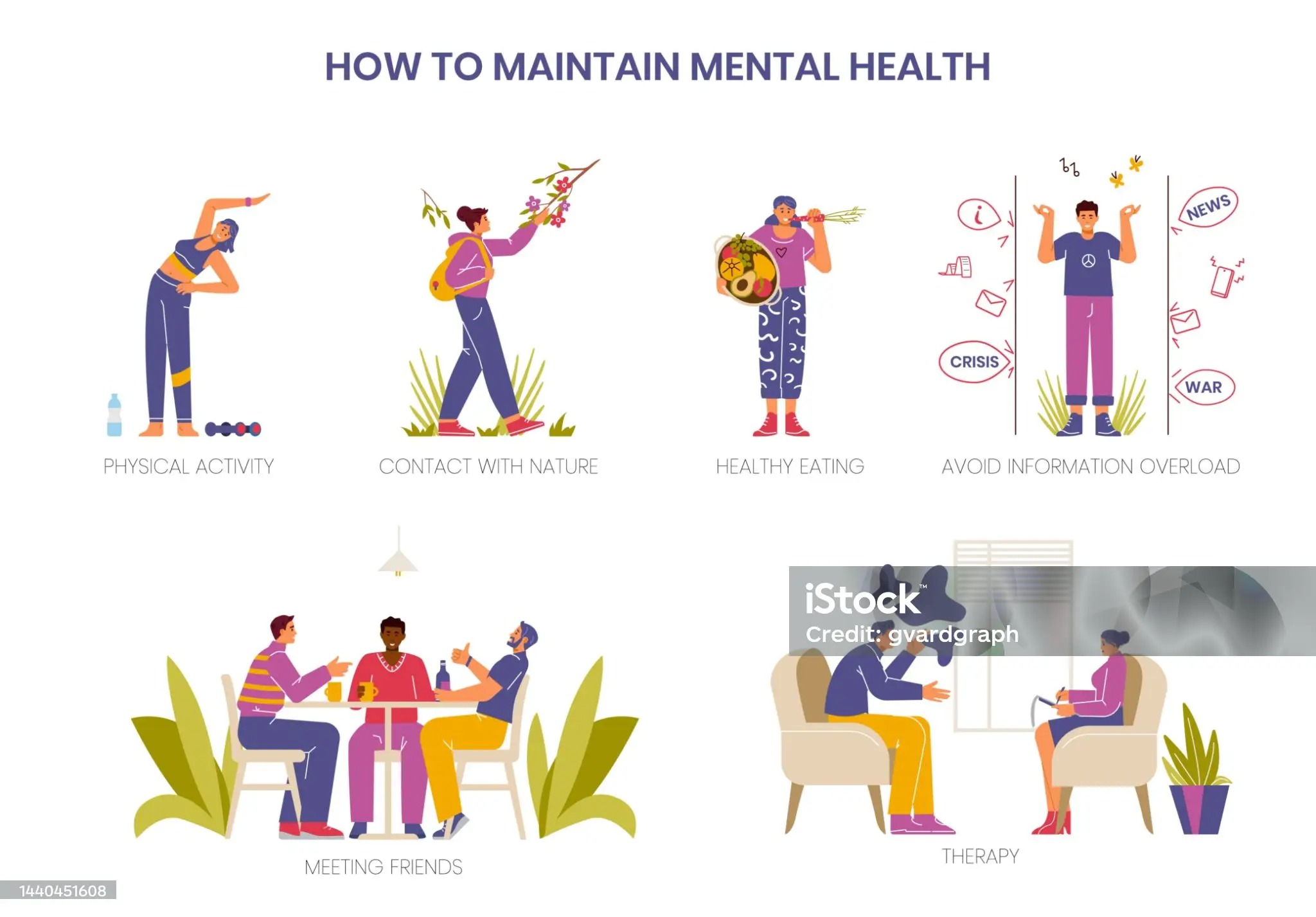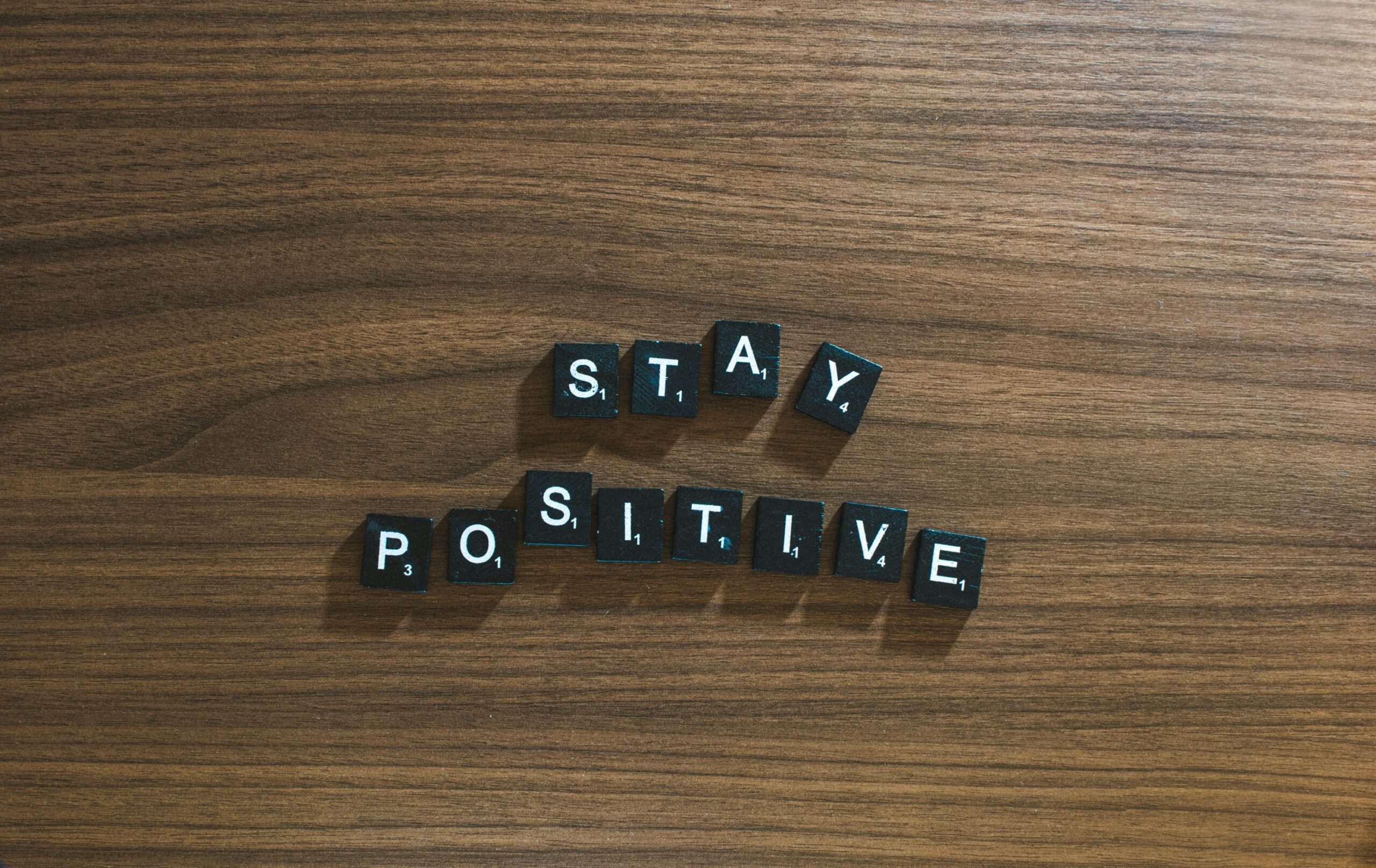Mental health isn’t a fancy luxury — it’s the foundation of how we think, feel, and act. Feeling overwhelmed, low, or unfocused? Small, consistent habits can change everything. Think of your mind like a garden: a little daily care prevents weeds from taking over. 🌱
Below are seven practical activities you can start right away. Each one is simple, science-backed, and designed to lift mood, reduce anxiety, and sharpen focus. Which one will you try first?
1. Walking — The Easiest Mood Booster 🚶♀️
Got 10–15 minutes? That’s all you need.
Walking is low-cost, low-effort, and high-impact. A short daily stroll increases blood flow to the brain, releases endorphins, and gives your mind a break from spiraling thoughts. It’s like rebooting your mental software.
How to make it work:
- Aim for 10–15 minutes daily — morning or evening.
- Walk without your phone for at least part of the time.
- Notice the breath, the ground under your feet, and small details around you.
Even a quick walk can clear your head and reduce stress hormones. Try it before a stressful call or after a bad meeting.
2. Yoga — Move, Breathe, and Reset 🧘
Yoga blends movement and breath in a way that calms both mind and body. It’s not just stretching — it’s training your nervous system to relax.
Benefits:
- Lowers anxiety and cortisol
- Improves focus and body awareness
- Reduces muscle tension caused by stress
Quick start:
Try 10–20 minutes of gentle poses (Child’s Pose, Cat-Cow, and a few deep breaths). Think of yoga as emotional housekeeping — it helps sweep the clutter out of your mind.
3. HIIT — Short, Intense, and Mood-Boosting 🔥
Not a fan of long workouts? HIIT (High-Intensity Interval Training) packs big mental benefits into short sessions. Burst, rest, repeat — it’s efficient.
Why it helps:
- Triggers release of serotonin and dopamine
- Boosts brain function and alertness
- Builds resilience — mentally and physically
Try this mini routine:
30 seconds of jumping jacks → 20 seconds rest → repeat 6–8 times. Done in 10 minutes, you’ll feel energized and mentally sharper.
4. Dancing — Move Your Emotions Out Loud 💃
Dancing is play for grownups. It combines cardio, expression, and social fun (if you choose to dance with others).
Perks:
- Releases endorphins and reduces stress
- Helps process emotions without words
- Boosts confidence and joy
Crank up a favorite song and move freely for 5–15 minutes. No choreography needed — just let your body talk.
5. Mindful Meditation — Become Less Reactive 🧠
Meditation is like training a muscle: the more you practice, the stronger your ability to stay calm. It helps you notice thoughts without getting carried away by them.
Benefits:
- Reduces rumination and anxiety
- Improves emotional regulation
- Enhances attention and presence
Beginner tip:
Sit quietly for 5 minutes, focus on your breath, and gently guide your attention back whenever it wanders. Over time, those 5 minutes build big payoffs.
6. Nature Time — Let the Outdoors Do the Work 🌳
Nature is a natural antidepressant. Green spaces heal—period. Even brief outdoor time lowers stress hormones and restores mental clarity.
Ways to connect:
- Walk in a park
- Sit under a tree and breathe for 10 minutes
- Bring plants into your home or workspace
Think of nature as a tune-up for your nervous system: simple, free, and profoundly effective.
7. Group Exercise — Bond, Move, and Thrive 🤝
Human beings are social animals. Exercising with others combines physical workout with social support — a double win for mental health.
Why it helps:
- Builds connection and belonging
- Increases motivation and accountability
- Reduces social isolation and loneliness
Join a local class, a walking group, or a casual sports meetup. The social element often boosts mood as much as the exercise itself.
How to Build These Habits (Without Pressure)
Trying to overhaul your life overnight rarely sticks. Use tiny steps instead:
- Pick one activity and commit to 7 days.
- Start small — 5–10 minutes is fine.
- Schedule it like any important meeting.
- Track progress — a simple checklist works wonders.
- Celebrate wins, even the tiny ones.
Consistency beats intensity. A little effort each day compounds into major mental gains.
Common Questions — Quick Answers
- Can I combine these activities? Yes! A short walk + 5 minutes of meditation is a powerful combo.
- How long to see results? Some benefits appear within days (better mood), major improvements in weeks.
- Do I need equipment? No. Most activities need little to nothing.
- What if I feel worse at first? That can happen — especially during meditation as emotions surface. Stick with gentle consistency.
- Where to start? Pick what feels easiest and enjoyable for you.
Conclusion
Mental health isn’t fixed — it’s malleable. Daily actions like walking, yoga, HIIT, dancing, meditation, nature time, and group exercise are tools you can use to shape a calmer, clearer mind. Start small, be kind to yourself, and make these habits part of your routine. Your future self will thank you. 🌟
5 FAQs
1. Which single activity gives the fastest mood lift?
A brisk 10–15 minute walk often provides the quickest boost in mood and energy.
2. How long should I meditate daily for benefits?
Even 5–10 minutes a day can improve focus and reduce stress — consistency matters more than duration.
3. Is group exercise better than solo workouts for mental health?
Group exercise adds the benefit of social connection, which often enhances mood more than solo workouts alone.
4. Can short HIIT sessions really improve my mental health?
Yes — short, intense workouts increase mood-regulating chemicals and enhance cognitive function.
5. How do I stick to these habits when I’m low on motivation?
Start with tiny, scheduled actions (5 minutes). Use a buddy system, habit tracking, and celebrate small wins to build momentum.








